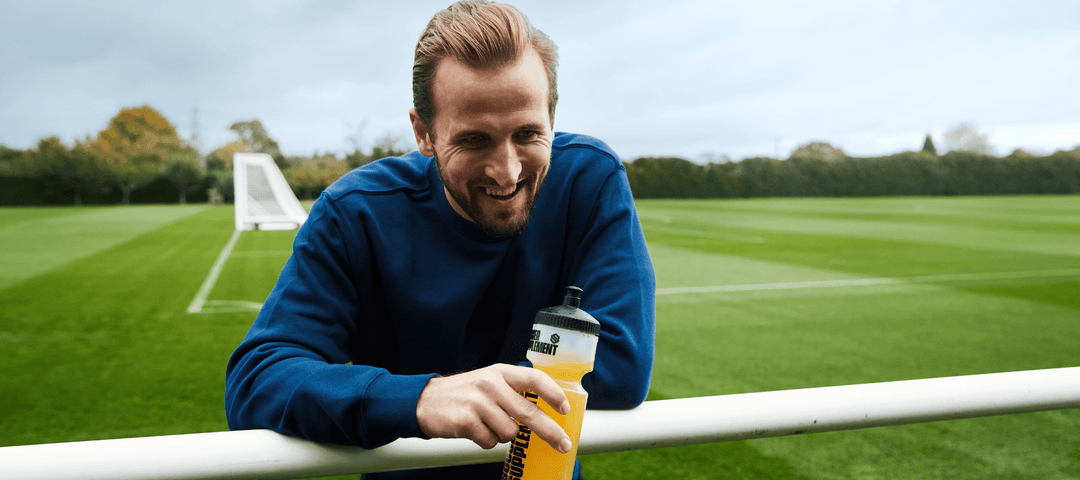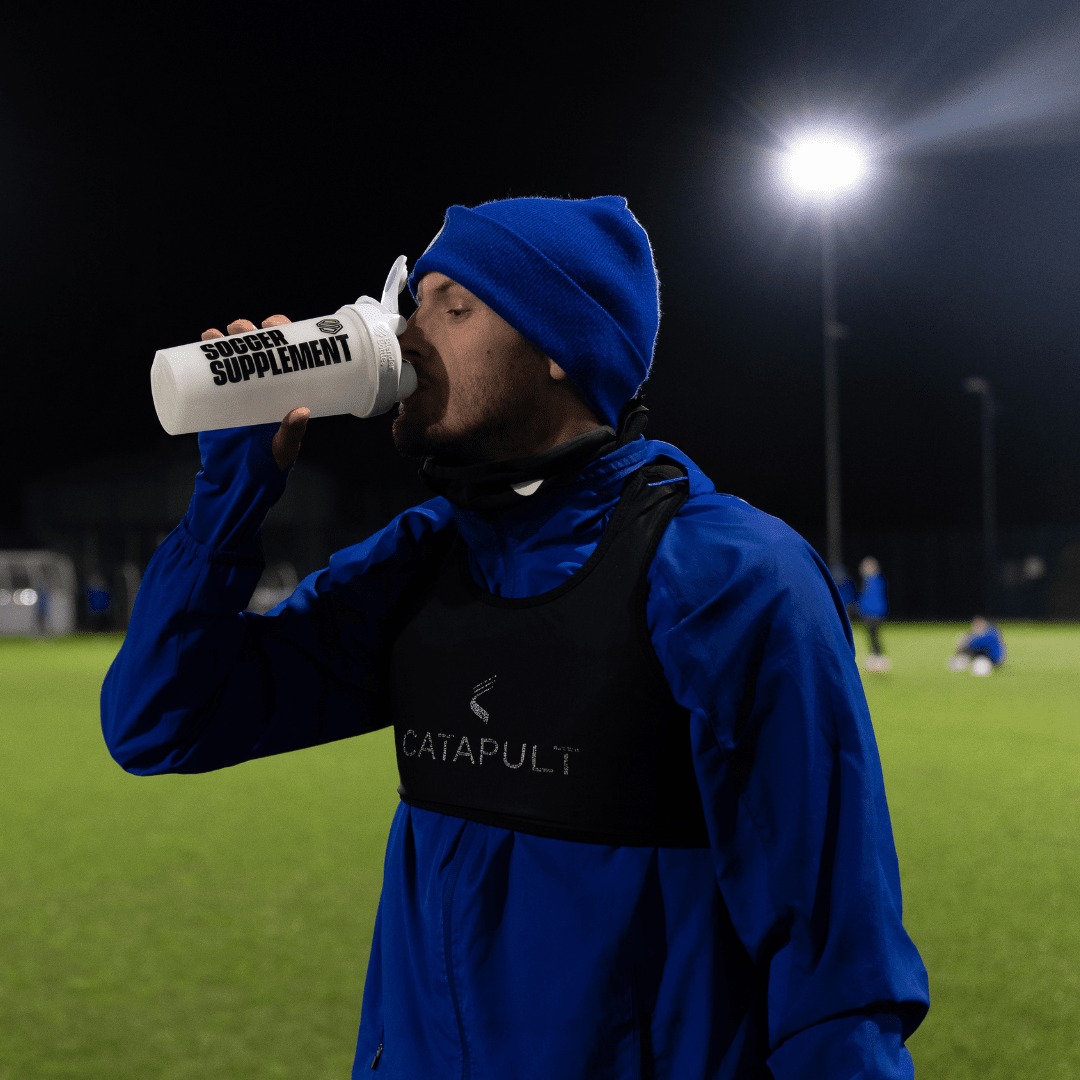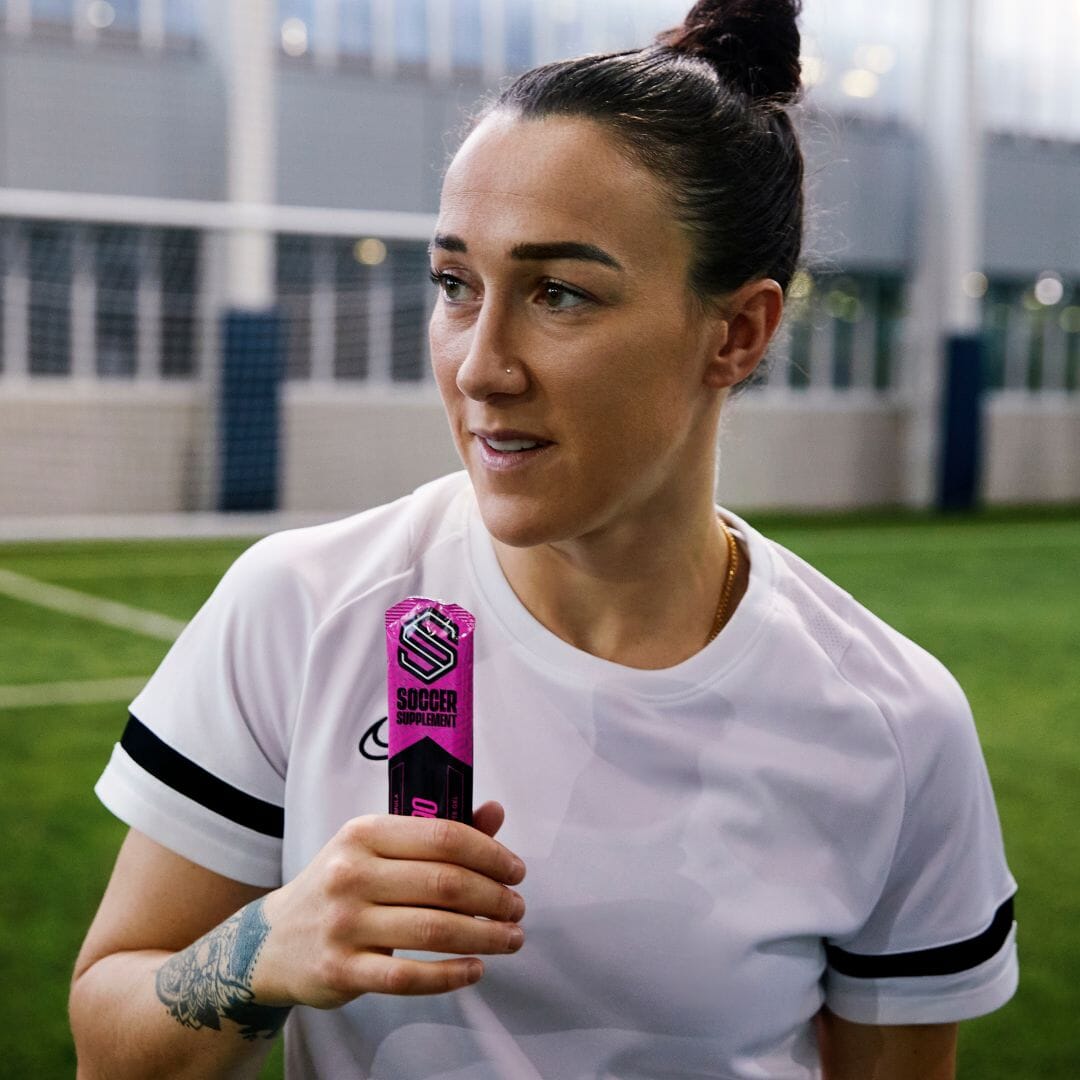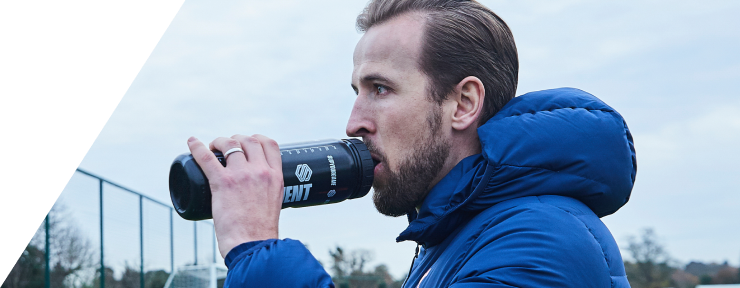We’ve all been there – bleary eyed, throbbing head, heavy legs, and the burning desire to get back into bed and forget we exist. Welcome to your Sunday morning hangover.
This is pretty miserable at the best of times, but this misery is magnified when you are standing on a cold and unwelcoming pitch, expected to physically and mentally perform for the best part of two hours as part of a football team.
It’s little surprise that football and alcohol don’t go well together. While players of the past seemingly coped with late night sessions at the bar before performing curiously well for 90 minutes the following day, there’s not much room for alcohol in the faster, fitter modern game – even at Sunday league level.
Whether it’s beer, cider or an overpriced celebrity-endorsed vodka, there’s no dressing it up – alcohol is a toxin. Not only is it poisonous to the body, but it also acts as a diuretic. In short, this makes you pee more, leading to dehydration, as well as a severe shortage of electrolytes, vitamins and minerals in the body.
It’s this dehydration that causes most of the problems for footballers attempting to navigate their way through 90 minutes. Problems like a headache, dizziness, muscle pain, fatigue, nausea, vomiting, and even increased sensitivity to light and noise.
Unfortunately, an evening of drinking usually also results in a night of poor sleep. Combined with the dehydration element, this lack of sleep increases that feeling of lethargy and weakness the following morning.
How does this all translate for a footballer about to kick off? Pretty nightmarish, of course.
You can expect a slow and sluggish performance, with less strength, lower concentration and decreased reaction times. Plus, with the increased sensitivity to noise, prepare to wince at the sound of the ref’s whistle for the next 90 minutes!
Even without a blazing hangover and the symptoms that come with it, alcohol can have more subtle effects on the body. This includes increased inflammation throughout the body, which can aggravate existing injuries and joint pain, as well as impair your immune system. Fancy a cold to go with your hangover?
Of course, we are not here to tell you not to drink.
Having a few drinks on the night before a match is bound to happen once in a while. Only you know your priorities, and if you want to enjoy a couple of beers with friends on your Saturday night, this article shouldn’t stop you.
In fact, providing you are able to take precautions and use some of the following wisdom, you may find that you are able to perform better than you expected the following morning.
‘Prevention is the best cure’ is a common saying, and it certainly rings true when it comes to hangovers.
If you are planning to drink alcohol, it is wise to eat a substantial meal (with a good mix of quality carbohydrates and protein) while drinking – or, at the very least, before you drink. This will help your body slow down the absorption of alcohol, while also being vital to ensure you have energy for tomorrow’s match.
As the alcohol begins to flow, ensure the water does to. Match every alcoholic drink with a glass of water and you will stand a better chance of preventing dehydration.
There are plenty of preventative remedies and foods said to quell the effects of a hangover, but eating a banana before you get into bed will help replenish your body’s potassium levels, which are depleted after drinking alcohol. Of course, drinking extra water before you sleep will also help. To boost the hydration effect further, consider adding some electrolytes.
Having taken steps to prevent a raging hangover, the following morning may not feel so bad. Still, this is the time to continue hydrating and replenishing your body with the water, electrolytes, vitamins and minerals it is crying out for.
Regardless of how queasy you may feel, do not skip breakfast. You need to replace the sugars and salts you have lost, not to mention take on the fuel you will require to perform for 90 minutes.
While drinking water in the morning is a good idea, a hydration supplement such as our Hydrate90 is even better. Hydrate90 is used by players from the Premier League to Sunday league, developed to replace lost electrolytes, as well as offer carbohydrates to fuel your muscles.
Consuming a little caffeine is also a smart move. This will wake you up and give you a perceived energy boost, as well as improve your focus and reaction times on the pitch. Go easy though – caffeine is also a diuretic, which can dehydrate you further if you are not careful.
During the match, consider using an energy gel like our Fuel90, which rapidly replaces carbohydrate stores to provide a fast release of energy and electrolytes, helping you perform over the 90 minutes.
As you can see, focusing on football doesn’t require taking a vow of abstinence from alcohol, although it does require a little planning and self-discipline!






